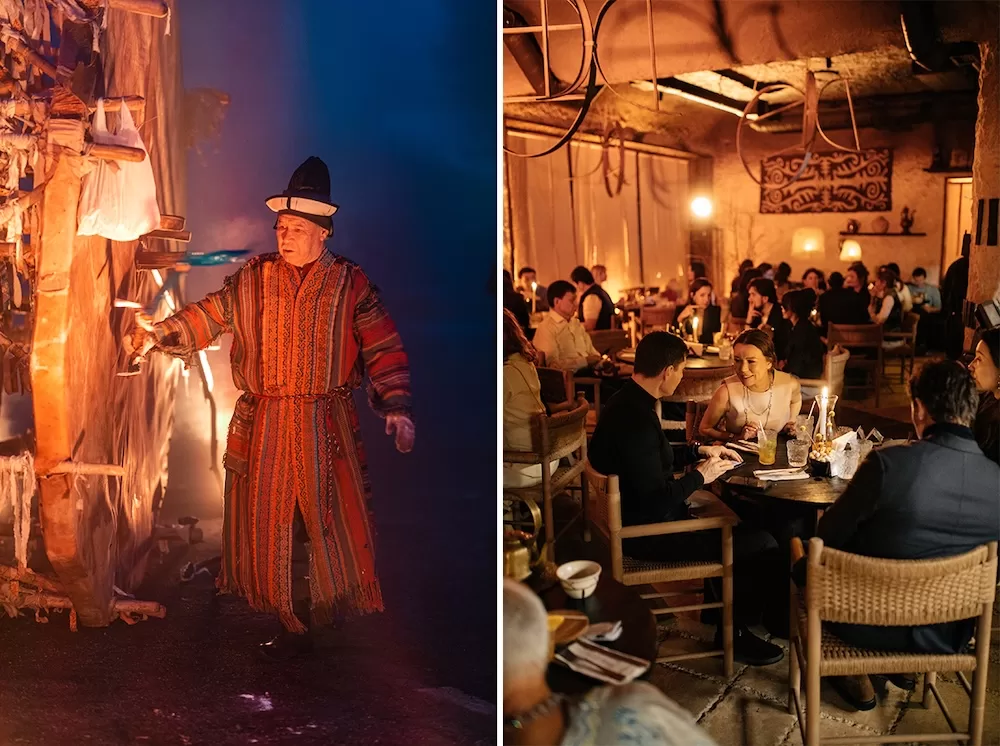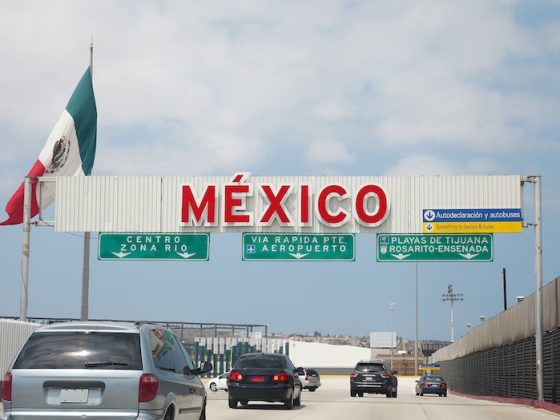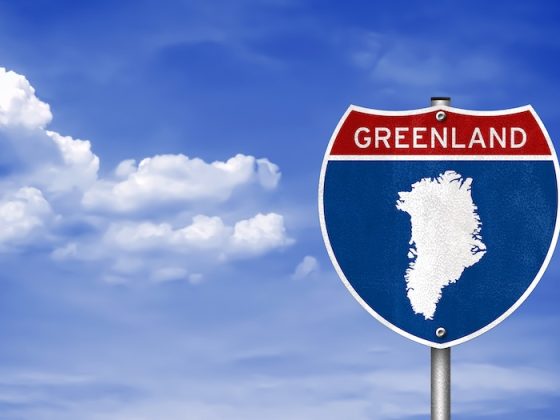I first thought of moving to Spain to teach English after I graduated university. My goals were simple: experience a new country, learn some Spanish, eat fantastic food, and return to the states with a renewed sense of direction and purpose.
But they say life is what happens when you’re making plans for the future. And what I was not expecting was meeting Marta—which I did one fateful day at a friend’s place in Madrid. Six years later, I asked her to marry me.
Read More like this Valuable Advice on Moving Abroad
She said yes, thank goodness, and I soon realized that I’d also be partnering with her Spanish family and their rich culture and culinary traditions. Her father is from Cadiz, an ancient port city on Spain’s Atlantic coast, while her mother is from Asturias, also on the Atlantic but 900 kilometres due north. Both are stunning regions filled with history, gorgeous landscapes, and delectable food. They’d also met in Madrid, many moons ago, before marrying and having four children.
Like many in Spain, her family is particularly close, and any gathering tends to involve significant planning and organizing elaborate meals, with creative dishes and great local wines.
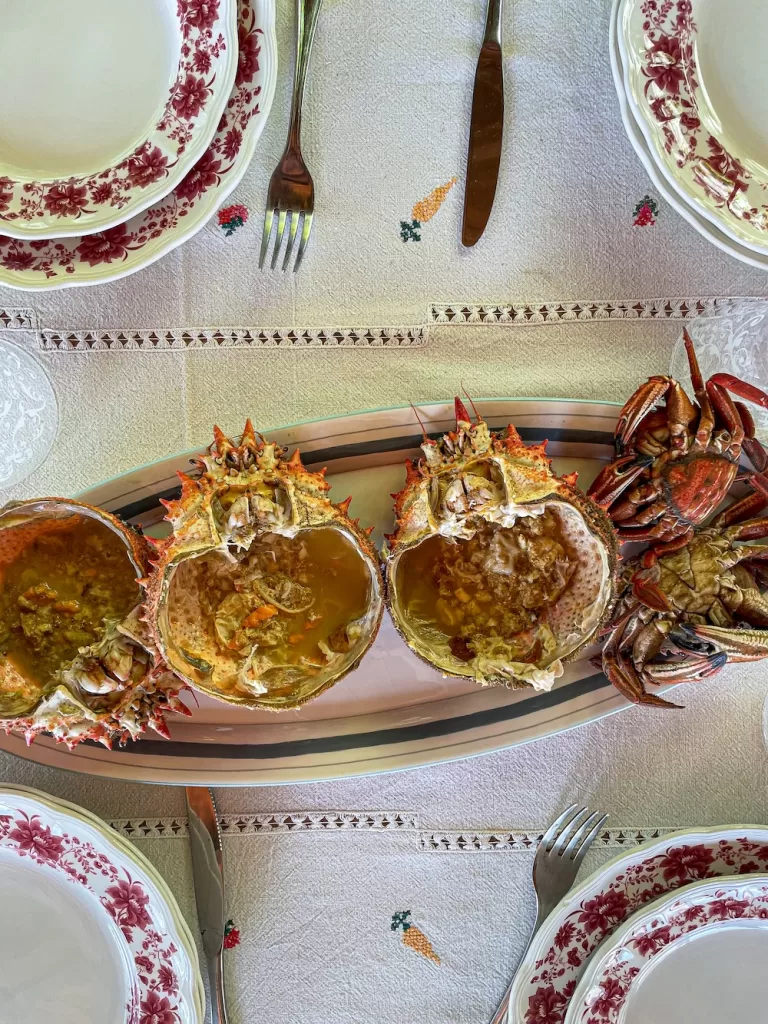
I’ve always felt deeply fortunate just to be there and take part, but over the past year or so I’ve started to feel like part of the family. If somebody had told me, before I moved to Spain, exactly how this would play out, I would’ve asked, “Where do I sign up?”
Read More like this Finding Community as an Expat
I also would’ve instantly regretted not taking four years of college Spanish. When I first met Marta, I did my best to speak her language. I thought I’d learned a decent amount, but making small talk with a taxi driver is not the same as forming a new relationship. Stumbling our way through several early conversations, we soon realized her English was better than my Spanish, and made that our language.
Yet I was still able to experience the country through her eyes. Simply being able to live and work in Spain—and reporting on food, of all things—has been the experience of a lifetime, but building a deep and intimate connection with a Spaniard with roots that stretch across the country is an incredible gift.
Read More like this Expat’s Interviews
Inevitably, the time came for me to meet her family, which, given the language gap, felt a bit daunting. My first lunch with her parents and siblings was thankfully mostly subdued—warm smiles, friendly handshakes, and a few pleasantries. I did my best to pour the wine perfectly, in an attempt to show my great gratitude at being welcomed into their world.
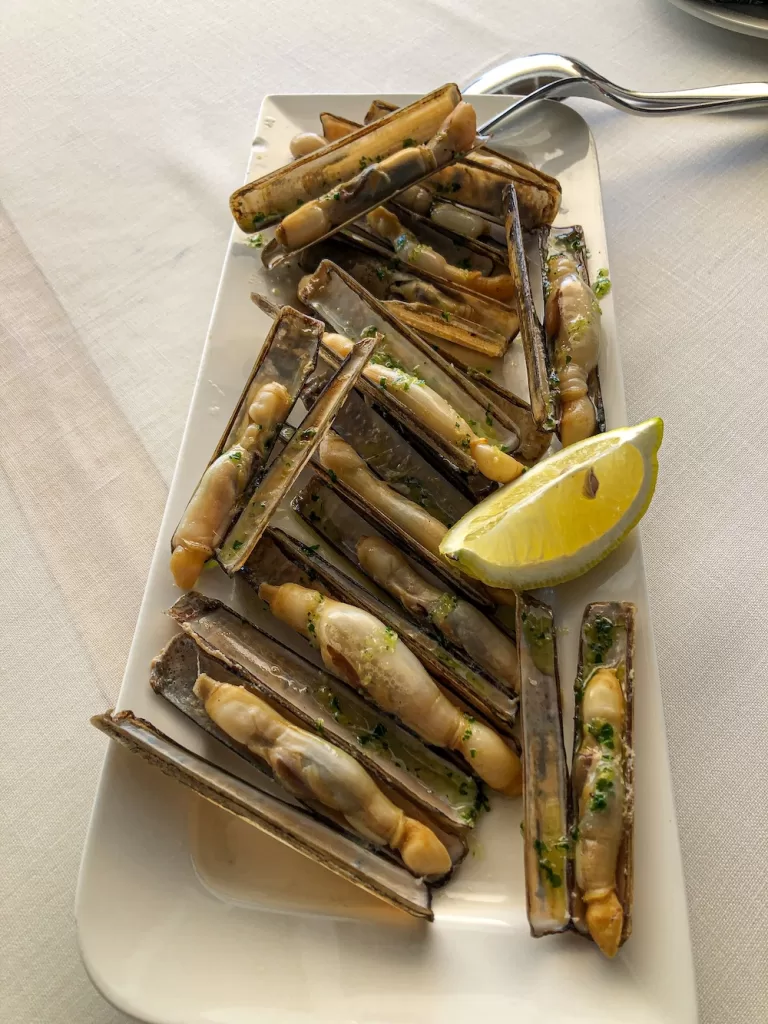
I was sitting with the woman I loved, and her family, along the coast in Cadiz eating salt-baked sea bass and razor clams, toasting and chatting and enjoying. Not long before I’d pulled apart a massive crab on the Asturian coast with a wonderful woman who’d grown up eating at that exact table. Marta and her family enabled me to live my dream of experiencing the best food traditions with open-hearted locals.
Most of my meaningful encounters with Marta’s family have centered on food. In Spain, a meal can last hours, providing a lot of time for socializing.
Yet due to the language barrier, our connections were limited. But six years later, we’ve come so far, and food has played a starring role. Most of my meaningful encounters with Marta’s family have centered on food. In Spain, a meal can last hours, providing a lot of time for socializing.
Every summer, Marta’s family spends a few weeks visiting grandma in Asturias. Lunch with abuela is always a treat. She’ll start things off with finely sliced jamón and a delicious local wine. For appetizers, we’ll break massive centollos (spider crabs) into sections, with the head being the most prized. River crabs are split in half and added to a driveway paella—its stock bubbling, the rice glistening, and that enticing scent filling up the yard.
My improved Spanish has made these meals even richer, enhancing my understanding of each dish and deepening my connection to the family. Each encounter boosts my Spanish acculturation. These days I understand the small talk, eavesdrop on side conversations, and learn much more than surface-level pleasantries. The barrier between us seems to shrink every day.
Planning our Asturias wedding, we’ve put food and language front and center. Half the wedding party will be American, and half Spanish, so there’s sure to be some disjointed conversations. But we know both sides will be excited to engage, just as she and I were when it all started.
I can’t wait to share a few Spanish traditions with my visitors from back home. From endless meals to very late nights, weddings here are differences from those back in the States. For one thing, I’ll be sure to remind them to squeeze in a siesta in so they can make it through the night. Beyond tying the knot, what I’m most excited about is enjoying the food together.
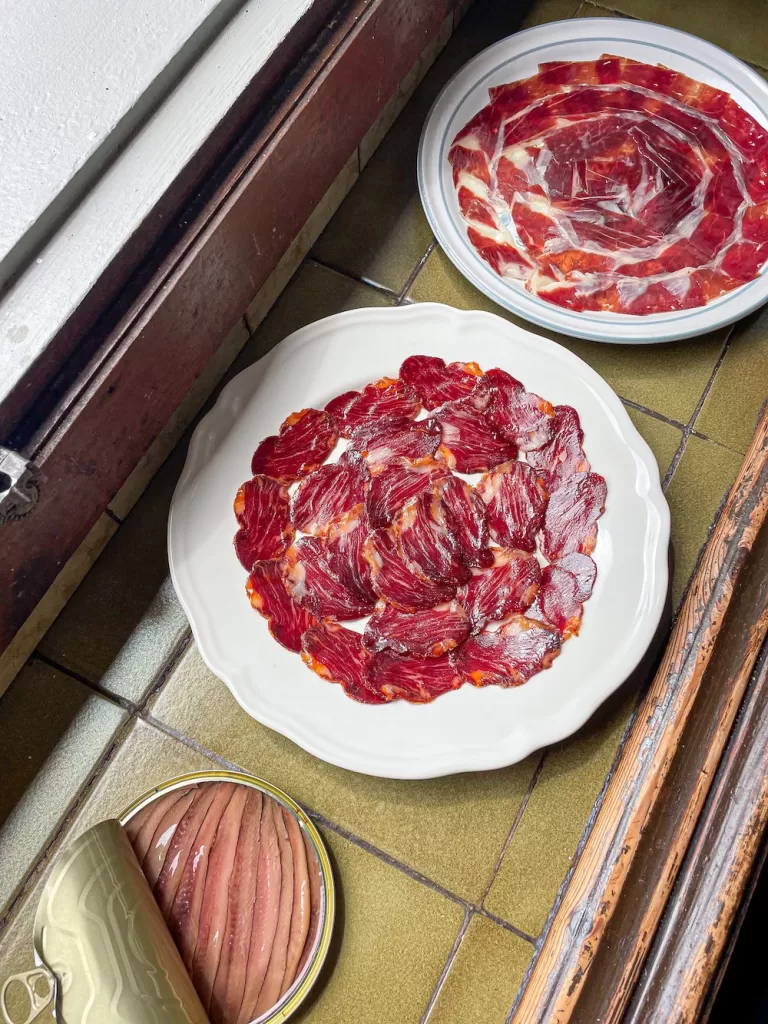
Marta will undoubtedly set out a few of her Spanish favorites, like scallops on a shell and Asturian sidra, or cider. And there will be an endless supply of jamon and wine, paella and tapas, conversation and laughter and singing and dancing. After eight years as an expat, I can’t think of a better way to introduce my friends and family, many of whom have never been to Spain, to my new wife and family, and to my life here, with all its wonderful abundance.
Get exclusive updates on Travel News and Trends Subscribe today!
Read more like this Expats Life Stories
Max Rosenberg
Contact Author
"*" indicates required fields
Stay Ahead on Every Adventure!
Stay updated with the World News on Escape Artist. Get all the travel news, international destinations, expat living, moving abroad, Lifestyle Tips, and digital nomad opportunities. Your next journey starts here—don’t miss a moment! Subscribe Now!

